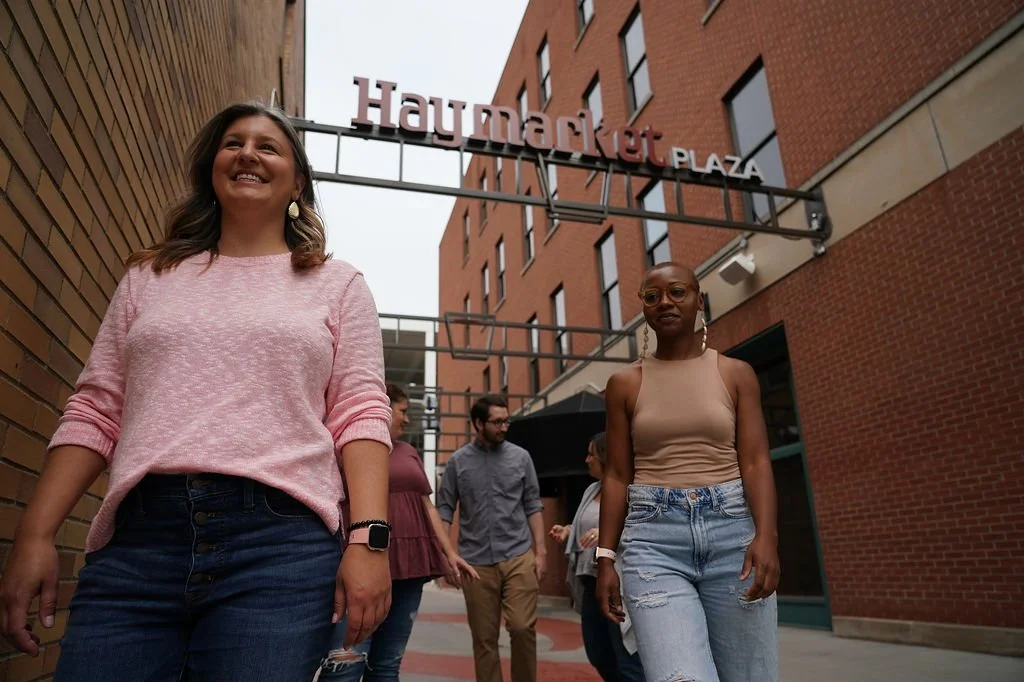
Community Partnerships
Skywood Recovery
Since 2018, our clinical team has been providing treatment for individuals with a dual diagnosis at Skywood Recovery (inpatient residential). Weekly, our clinical therapists are embedded in the community deliver quality services to enhance and improve client outcomes.
In 2022, our partnership expanded to a second location with Skywood Royal Oak. At that location, our lead therapists deliver weekly process groups and offer psycho-education workshops to individuals participating in the intensive outpatient program.
“Working with the Skywood facility offers our social workers the chance to experience what group work is all about within a dual diagnosis inpatient facility. The level of compassion and insight clients share during their recovery journey is rewarding. Working with this population is a living reminder of how complex trauma gives rise to the need for self-soothing in the form of addiction.
Many of these individuals come from difficult family situations characterized by loss, abandonment, and all manner of abuse. As a society it is crucial for us to destigmatize addiction so that we can treat the underlying need for nurturing and compassion. Facilitating groups at Skywood provides a space for individuals to feel seen and heard, a place where their childhood wounds can be met without judgment by others who have gone through similar events.
It is also refreshing to work within a facility that is deeply dedicated to treating both addiction and substance abuse as well as comorbid mental health struggles.”
School Social Work
At BLND Health, we are working together with districts and counties to provide school-based social workers to more schools in Michigan. Currently, there is a massive decline and shortage of school-based social workers, but an incredible increase in anxiety, depression, and school refusal among school-age kids.
Our team cohesively embeds themselves into the schools, creates relationships, and offers fresh perspectives along with the clinical skillset required in schools. Since 2022, we have held a consistent role at K-12 buildings in several Metro Detroit counties along with a strong presence in alternative education schools and support for students in rural locations.
Social workers’ skills and knowledge also make them particularly well suited to take the lead in the emerging movement to improve school climate and promote social-emotional learning. We work with students and their parents, teachers, and staff to help them to get the proper services they need. School social workers don’t just serve families and students, but we also can provide school staff with essential information to help them better understand factors that may affect student performance and behavior.
What kinds of work are social workers doing in our school?
Since social workers possess a wide range of skills, they can do more than monitor IEPs. They might support the community school strategy, train educators on identifying and responding to trauma, accompany educators on home visits to build positive relationships with families, and help identify gaps in school programming for which additional resources may be sought.
Count Drug Court & Addiction Treatment Programs
BLND Health has established a partnerships with local county drug court program and treatment programs. This partnership aligns with our social justice values and commitment to community engagement. Our lead therapists works with individuals, couples, and families throughout the programs.
“Working with County Drug Court programs allows a more nuanced view of our judicial system as well as individuals facing criminal drug charges.
We are proud to be part of a team of professionals dedicated to addressing the underlying causes of addiction. It is a privilege to work with individuals who are committed to improving their lives and maintaining long-term sobriety.
The success of each individual is something amazing to witness in the therapy room week after week - to know that clients are healing from addiction that once had them isolated and broken, unable to provide for their families.
We can see the impact on their faces as they share their stories and progress through the program and how much pride it brings them to be contributing members of their community.”



